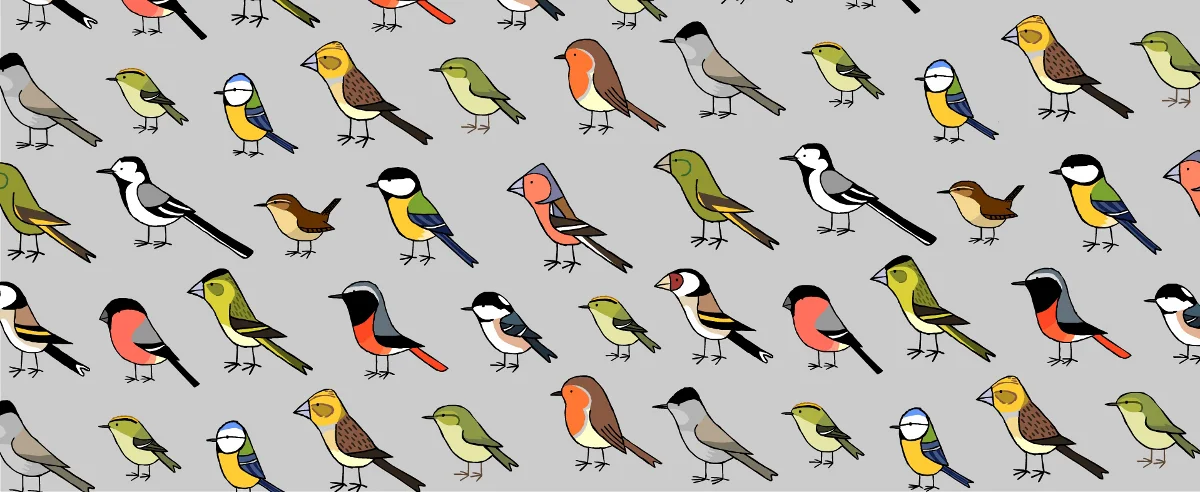Store Schedule Alert
The Wood Thrush Shop will be closed Wednesday, July 26th.
Late Summer Bird Feeding Notes
Goldfinches are on nest now so if you are seeing more, or less at your feeders, that could be the reason. They of course begin nesting much later than other songbirds probably because they are exclusively seed eating birds. A lot of natural seed forage will be present about the time baby Goldfinches start leaving the nest helping them to sustain life for the first several months. Goldfinches can have 2 broods per year.
There are most definitely peaks and valleys to the bird feeding year and we have always recognized spring and the first half of summer as the busiest segment, even more than winter. Why? It is most certainly because during the spring-summer breeding season nesting birds take full advantage of our feeders. As they expend a lot of energy raising young they are able to feed themselves without the extra effort of having to search for food. But as the breeding season comes to an end and babies are now mostly on their own, feeders are not as important in their daily lives. Insects are the most plentiful food right now and this bounty will be present for the next several months to come. Without young to care for, naturally, our seed feeders will slow down from the torrid pace we’ve seen since April. Gradually, feeders become less important and when October arrives we will experience the slowest bird feeding month of the year. In October every plant and tree has produced nuts, seeds, and fruit. There is more food available at this time than they know what to do with. Well, actually, they do know what to do with it. They will feed mainly on what nature provides and many songbirds will begin caching food away in hiding places. Chickadees have been known to cache food in as many as 200 different locations and remember them. Insects are still available, too, which means our feeders become pretty uninteresting.
Anyone who thinks birds become dependent on feeders doesn’t really understand birds. While they take advantage of feeders during critical times of the year; breeding season, extreme weather, etc., they by no means become dependent and there really is no evidence to support that claim. If birds became dependent why do, for example, Rose-breasted Grosbeaks always leave us in the spring? We see them at our feeders for as much as a month, why do they not stay? Instinctually, they must go. They are, in a way, programmed to go to the breeding grounds they have gone to for thousands of years. Furthermore, because of all the natural food sources available in the fall Rose-breasted Grosbeaks rarely visit our feeders on their return to the tropics. Same thing with hummingbirds. They won’t stay here because we offer them sugar water. They do not become dependent.
Over the next few months as you buy seed you may want to buy smaller quantities knowing feeders will be slower, and avoid bug issues in the process. Storing seed for months in warm conditions can result in a buggy surprise in your seed container. The Indian meal moth is a common problem in all kinds of products, including dog and cat food. Storing smaller quantities of seed in a cool environment is the best way to avoid these troublesome insects. If you happen to notice some insect activity in your seed you can simply put it in the freezer overnight, or use the remainder of the seed immediately. The seed is not a danger to the birds and the little moths and their eggs are just another source of protein.



